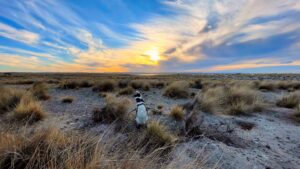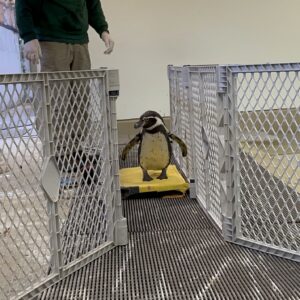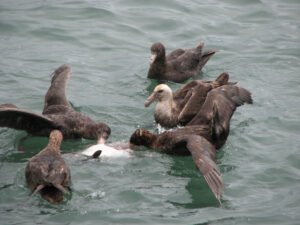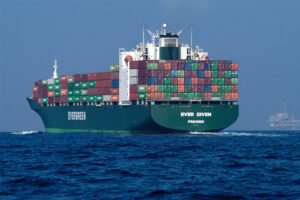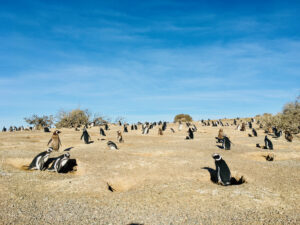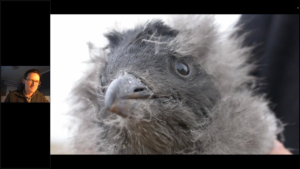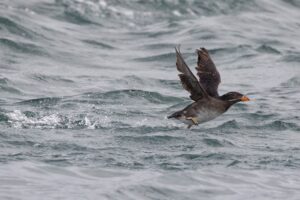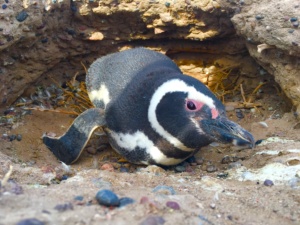Field updates: Argentina, April 2024
Thanks to the generous support of Zoo Augsburg in Germany, Dr. Eric Wagner and Katie Holt were able to return to Punta Tombo for a couple of weeks in April. There, they put twenty satellite tags on penguins—ten females and ten males—that were about to start their post-breeding migration. As of today 18 satellite tags are still transmitting to our […]
Field updates: Argentina, April 2024 Read More »
